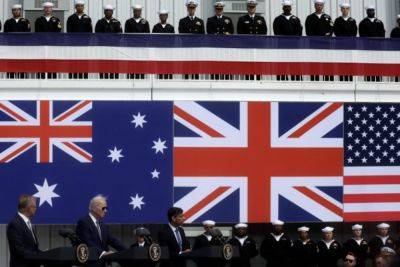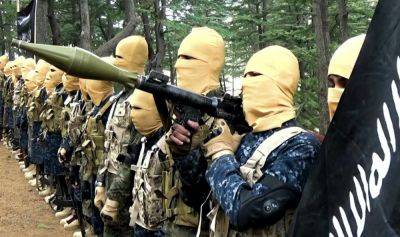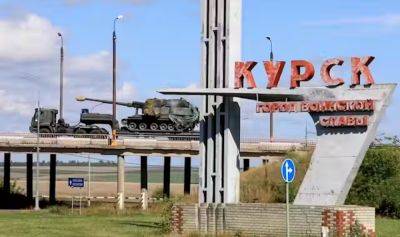Netanyahu risking regional war for his own political survival
Israel’s apparent assassinations of Fuad Shukr, Hezbollah’s top military leader, in Beirut, and Hamas political leader Ismail Haniyeh, in Tehran, have raised again the specter of a regional war involving regional adversaries – one that could potentially drag the United States into the fray.
By targeting these two leaders, the Israeli government has demonstrated that it is willing to risk an escalation of conflict into new fronts. This comes despite some senior defense chiefs sending, at best, conflicting messages in recent months over whether the Israeli Defense Forces are adequately prepared, after nine months of confrontation in Gaza, for a full-scale war in Lebanon or elsewhere.
As a scholar of Lebanon and Israel, I have followed the recent events in the region with growing concern. Israeli Prime Minister Benjamin Netanyahu may be betting that Iran and Hezbollah have no real appetite for full-scale war and would rather continue a policy of continued attrition against Israel.
If so, it is a risky strategy, and any miscalculation could be catastrophic.
Raising the ante
Shukr was assassinated as part of the tit-for-tat exchanges between Israel and Hezbollah that have been going on since October 8, the day after Hamas terrorists attacked Israel, prompting the heavy and ongoing response in Gaza. In particular, it was in retaliation for the killing of 12 children on July 28, 2024, in the Israeli-controlled Golan Heights, blamed on Hezbollah.
The Beirut killing was a bold and risky move by Israel, carried out in broad daylight in the city despite repeated requests by the US and other Western countries not to target Lebanon’s capital.
In carrying through with the Beirut operation, Israel has pushed the limits of the “rules of







